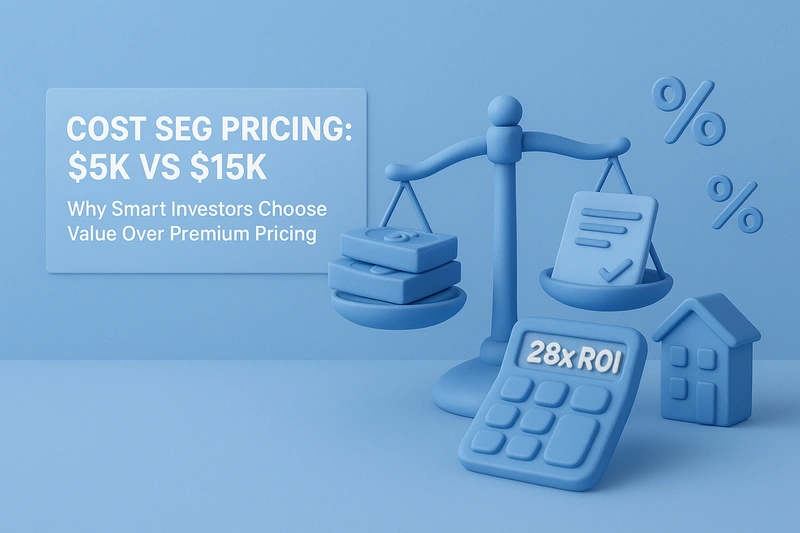Cost segregation is a tax-saving strategy used by real estate owners to accelerate depreciation deductions, defer taxes, and improve cash flow. However, an often overlooked aspect of this strategy is the recapture of depreciation. Recapture is the process by which the IRS collects taxes on the gains from the sale of an asset, which were previously offset by depreciation deductions. In this article, we will discuss the mechanics of cost segregation recapture, its different forms, and strategies to postpone it.
Recapture Explained
Depreciation recapture is a tax provision that allows the IRS to collect taxes on the gain from the sale of a depreciable asset, to the extent of the depreciation previously claimed. According to the allowed or allowable rule outlined in §1016(a)(2), “where no method has been adopted under §167 (relating to depreciation deduction), the amount allowable shall be determined under the straight-line method.”
Depreciation taken under the straight-line method is recaptured as Unrecaptured §1250 Gain and is taxed at a 25% tax rate. There are two other forms of recapture, both taxed at your ordinary rate:
- MACRS §1245 recapture is fully recaptured at your ordinary tax rate.
- MACRS §1250 recapture is recaptured at your ordinary tax rate for depreciation taken in excess of the straight-line method.
If you did not take the correct amount of depreciation and you sell your property, depreciation will be calculated using the allowed or allowable rule. However, you can correct this with a section 481(a) adjustment by filing form 3115 to “catch-up” on the missed depreciation.
Postponing Recapture
While it is nearly impossible to completely avoid recapture, it can be postponed. One way to do this is through a like-kind exchange (1031 exchange), where you roll the gain into the purchase of a like-kind property. This is akin to the allegorical “kicking the can” of recapture.
Another strategy is to offset the gains by purchasing another property and conducting a cost segregation study to use bonus depreciation to generate a massive depreciation deduction.
Lastly, there is the grim reality that death can also serve as a means to postpone taxes. When someone inherits your property, they can step up in basis and restart the clock on depreciation. As the saying goes, you can't avoid death and taxes, but you can use death to avoid taxes!
Conclusion
While it is impossible to completely avoid recapture, there are strategies to postpone it and maximize your depreciation in the meantime. Unrecaptured §1250 Gains are taxed at a high rate of 25%. Therefore, it often makes more sense to maximize the benefit of increased cash flow in the early years of property ownership by accelerating your depreciation expense through a cost segregation study. Remember, the goal is not to avoid recapture entirely, but to maximize cash flow and benefits during the ownership of the property.
Written by Matthew Gigantelli, August 2023






